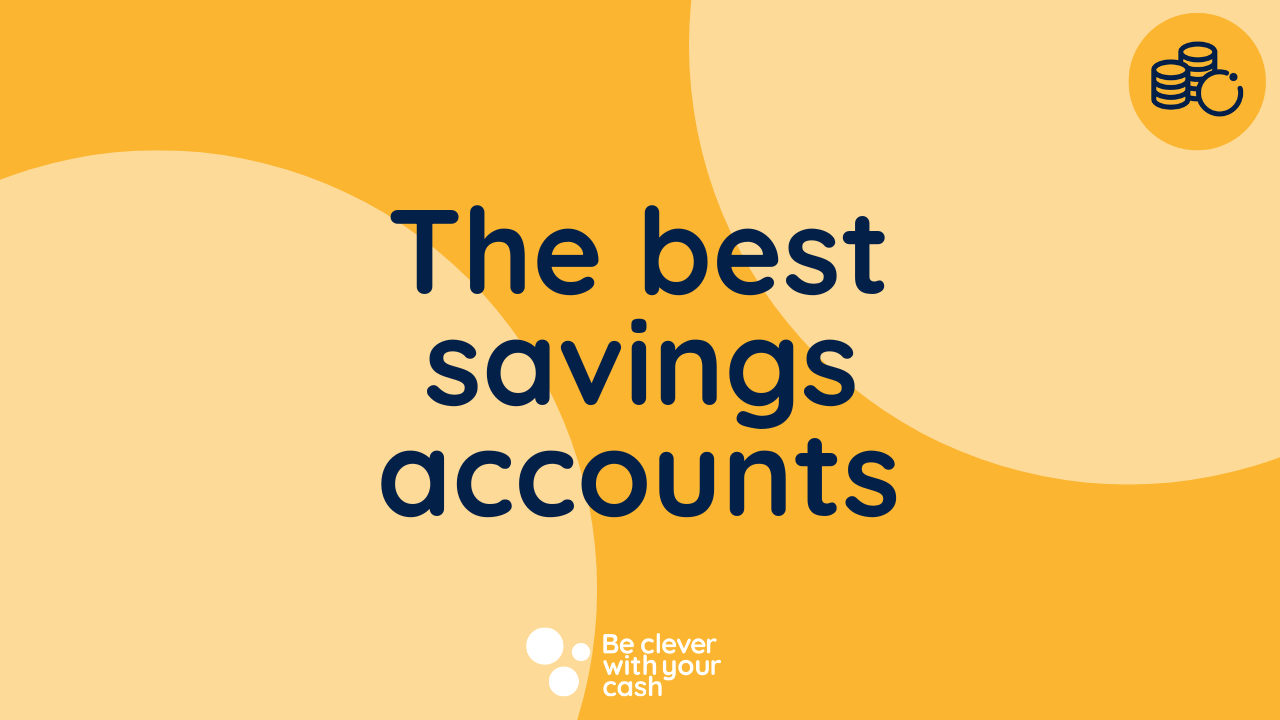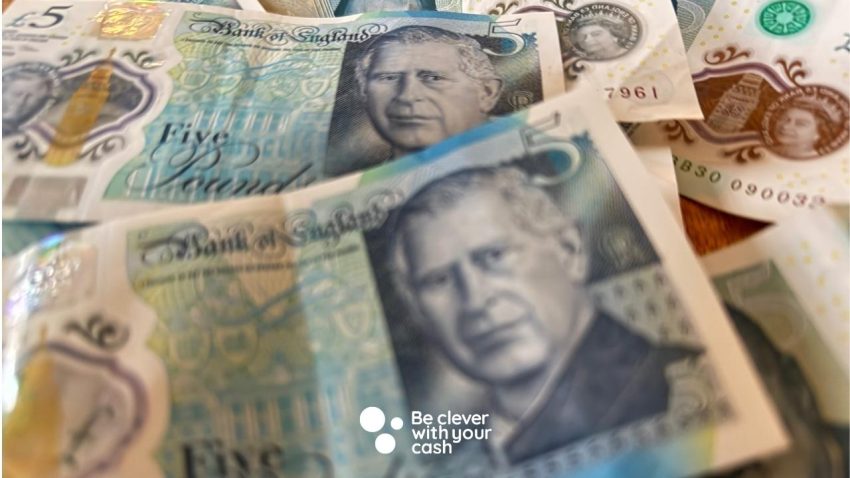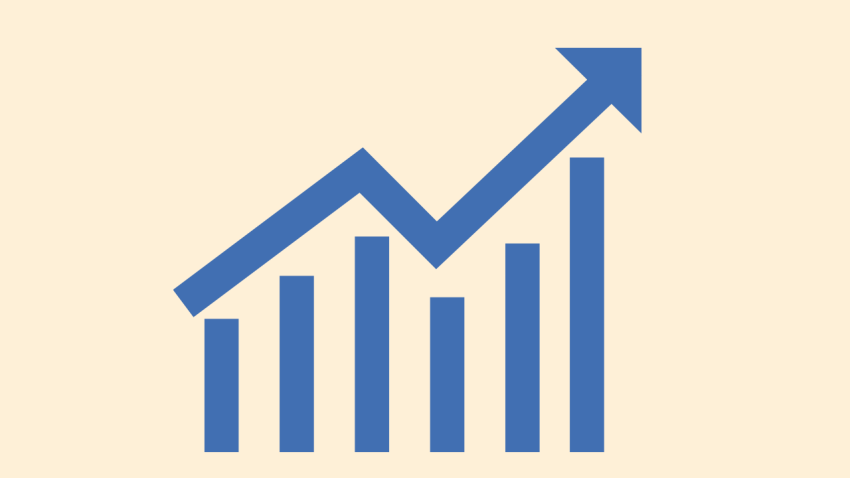Slower food price increases helped cut the rate this month
Inflation is down to the lowest rate in eight months. Here, we explain everything you need to know about the latest inflation stats and which savings accounts offer inflation-beating rates.
Some articles on the site contain affiliate links, which provide a small commission to help fund our work. However, they won’t affect the price you pay or our editorial independence. Read more here.
What is the current rate of inflation in the UK?
The current CPI rate of inflation in the UK is 3.2% for November 2025, according to the latest figures from the Office for National Statistics (ONS). That’s the second fall in a row, but still above where we were a year ago.
The drop was also lower than expected, with just a 0.1% fall from 3.6% predicted.
The current rate of core inflation (which removes more volatile products like food and fuel) in the UK is 3.2%, down from 3.4% last month. Services inflation (which has remained higher than the rest for a while now) slowed to 4.4% from 4.5% .
Meanwhile, RPI (still used in some cases such as rail fares, interest on student loans and air passenger duty) in the UK fell to 3.8% from 4.3%.
Historic inflation rates
The graph below shows how CPI inflation has changed in the UK.
source: tradingeconomics.com

What is inflation?
The main thing to remember is even if the rate of inflation is falling, prices are still going up. They’re just increasing by a slower rate.
Check out our What are inflation and deflation? article to learn more about what price changes count towards inflation, as well as explanations of the different measures including CPI and RPI.
What’s changed this month?
The lower inflation rate was helped by slower growth in food prices. They went up by 4.2% in the year to November, compared to 4.9% in the year to October. Some items, such as cakes, cereals, biscuits and alcohol actually got a little cheaper.
Clothing prices also had an impact, with prices actually going down by 0.6% year on year. Black Friday sales probably contributed to this change.
You can see how prices have changed for individual items in this ONS calculator, while this chart shows the annual CPI rates over 12 months for the last three months.
| October 2025 | November 2025 | November 2024 | November 2025 | |
|---|---|---|---|---|
| CPI All items | 3.6 | 3.2 | 0.1 | -0.2 |
| Food and non-alcoholic beverages | 4.9 | 4.2 | 0.5 | -0.2 |
| Alcohol and tobacco | 5.9 | 4.0 | 1.4 | -0.4 |
| Clothing and footwear | 0.3 | -0.6 | 0.6 | -0.3 |
| Housing and household services | 5.2 | 5.1 | 0.3 | 0.2 |
| Furniture and household goods | 0.3 | -0.3 | -0.1 | -0.7 |
| Health | 2.7 | 2.6 | 0.0 | -0.1 |
| Transport | 3.8 | 3.7 | -0.8 | -0.8 |
| Communication | 4.3 | 4.8 | -0.7 | -0.3 |
| Recreation and culture | 2.9 | 2.9 | 0.1 | 0.1 |
| Education | 7.6 | 7.6 | 0.0 | 0.0 |
| Restaurants and hotels | 3.8 | 3.5 | 0.1 | -0.2 |
| Miscellaneous goods and services | 2.3 | 2.1 | 0.1 | -0.1 |
| All goods | 2.6 | 2.1 | 0.3 | -0.2 |
| All services | 4.5 | 4.4 | -0.1 | -0.2 |
| CPI exc food, energy, alcohol and tobacco (core CPI) | 3.4 | 3.2 | 0.0 | -0.2 |
Source: Consumer price inflation from the Office for National Statistics
Get the best of our money saving content every week, straight to your inbox
Plus, new Quidco customers get a high paying £18 welcome offer

Will inflation go up or down?
Last month the Bank of England predicted inflation had peaked in September at 3.8%. That certainly looks like it is the case, and If so, then this fall should continue.
It’ll probably be a gradual drop to the Bank of England’s 2% target, which could easily take until 2027 to reach, though changes in the Budget could help speed this up when they’re introduced next spring.
What does it mean for the base rate of interest?
In November, the Bank of England kept the base rate to 4%, but it was a close decision. With inflation peaking at a lower than expected rate and falling for two months, along with other factors such as slower wage growth, a cut at the next meeting on Thursday 18 December is looking increasingly likely. Markets are forecasting an 92% likelihood.
What does it mean for future price increases
This month’s inflation rate isn’t linked to any specific benefits or increases. Here are the main price hikes linked to inflation rates:
- July RPI – rail fares in March
- September CPI – benefits including State Pension in April
- December CPI – student loans in September
 Featured switching deal
Featured switching deal
 Customer rating
3.8/5
Customer rating
3.8/5
- Switch bonus£200
- Offer endsFree gift card ends 27 February
- Extra bonus£25 Amazon Gift Card
- FSCS Protected? Yes
- Switch bonus requirements Switch using the Current Account Switch Service and close your old account within 60 days of starting the switch
- Deposit requirements Deposit £1,500 in the first 60 days from opening the account
- Direct debits transferred over Set up two Direct Debits before or after the switch from a selected list of household bills
- Existing customers? Can't have held any Santander current account on 1 January 2025
- Restrictions Can't have received a switching bonus from Santander already, offer limited to once per person
- Eligible accounts Open a new or hold an existing Everyday, Edge, Edge Up or Edge Explorer current account
- £25 Amazon Gift Card requirements To qualify for the gift card, you need to complete a full switch using CASS, and make five debit card transactions within 30 days of opening the account. Offer ends 3pm 27 February 2026
Do any savings accounts beat inflation?
If possible, it’s always important to have interest rates higher than inflation – otherwise you’re losing money in real terms.
The bad news then is that savings rates have all been falling, especially on easy access where many providers pay less than 3.2%. That means there’s a larger risk that you’re getting less than inflation on your cash right now.
However there are still ways to get way above inflation.
The top-paying savings account is the Principality Building Society Regular Saver which offers 7.5%, though only for six months. It’s worth noting that this is a regular savings account. Other top regular savers pay a little less at 7.1% and 7% but they’re for 12 months.
You can also earn 6% with the Santander Edge Saver on up to £4,000, if you hold a Santander Edge account. If you add direct debits (to earn cashback) on the linked current account there’s a monthly fee for the current account, so keep that in mind when comparing savings rates.
However if you’re looking for accounts without these balance restriction, there are still a good number of easy access and fixed rate savings accounts above the inflation rate.
When is the next inflation announcement?
The next inflation announcement will be on 17 December 2025.
The ONS publishes inflation figures each month and has confirmed the following dates for upcoming announcements :
- 21 January 2026
- 18 February 2026
- 25 March 2026
- 22 April 2026







Hi Andy, great summary, very professional. I’m still learning about all of these subjects, so thanks for that!
Do you know what to expect regarding the interest rate of the savings accounts? Are the banks planning to reduce the interest rate soon based on the reduction in the UK inflation?
Government controlled ONS will produce low incorrect data for September in order to determine next years pension & benefit increases then “amend” the data by December so the government can claim that it is too late to correct next years increases.